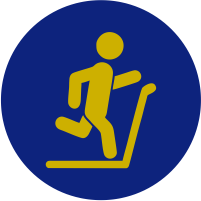Radiculopathy
What Is Radiculopathy?
Your spine is made of many bones called vertebrae, and your spinal cord runs through a canal in the center of these bones. Nerve roots split from the cord and travel between the vertebrae into various areas of your body. When these nerve roots become pinched or damaged, the resulting symptoms are called radiculopathy.
What Causes Radiculopathy?
Radiculopathy is typically caused by changes in the tissues surrounding the nerve roots. These tissues include bones of the spinal vertebrae, tendons and intervertebral discs. When these tissues shift or change in size, they may narrow the spaces where the nerve roots travel inside the spine or exit the spine; these openings are called foramina. The narrowing of foramina is known as foraminal stenosis, which is very similar to spinal stenosis that affects the spinal cord.
In most cases, foraminal stenosis is caused by gradual degeneration of the spine that happens as you age. But it can also be a result of a spinal injury.
Herniated Discs
Radiculopathy is typically caused by changes in the tissues surrounding the nerve roots. These tissues include bones of the spinal vertebrae, tendons and intervertebral discs. When these tissues shift or change in size, they may narrow the spaces where the nerve roots travel inside the spine or exit the spine; these openings are called foramina. The narrowing of foramina is known as foraminal stenosis, which is very similar to spinal stenosis that affects the spinal cord.
In most cases, foraminal stenosis is caused by gradual degeneration of the spine that happens as you age. But it can also be a result of a spinal injury.
Bone Spurs
Another possible cause of radiculopathy that may lead to narrowing of foramina is bone spurs — areas of extra bone growth. Bone spurs can form in the spine due to inflammation from osteoarthritis, trauma or other degenerative conditions.
Other Causes
Thickening (ossification) of the spinal ligaments may also lead to narrowing of the space around the nerve roots and subsequent nerve compression. Less common causes of radiculopathy include spinal infections and various cancerous and noncancerous growths in the spine that may press against the nerve roots.
What Are The Symptoms of Radiculopathy?
When a nerve root is compressed, it becomes inflamed. This results in several unpleasant symptoms that may include:
- Sharp pain in the back, arms, legs or shoulders that may worsen with certain activities, even something as simple as coughing or sneezing
- Weakness or loss of reflexes in the arms or legs
- Numbness of the skin, “pins and needles,” or other abnormal sensations (paresthesia) in the arms or legs
Your specific symptoms will depend on where in the spine the nerve root is pinched. However, it’s also possible that you don’t experience any symptoms or you go through periodic flare-ups of symptoms.
What Are The Treatment Options For Radiculopathy?
Radiculopathy treatment will depend on the location and the cause of the condition as well as many other factors. Nonsurgical treatment is typically recommended first and may include:
- Medications, like nonsteroidal anti-inflammatory drugs, opioid medicines or muscle relaxants, to manage the symptoms
- Weight loss strategies to reduce pressure on the problem area
- Physical therapy to strengthen the muscles and prevent further damage
- Steroid injections to reduce inflammation and relieve pain
Some people may need more advanced treatments, such as surgery. Surgery is typically used to reduce the pressure on the nerve root by widening the space where the nerve roots exit the spine. This may involve removing all or parts of a disc and/or vertebrae. Cervical posterior foraminotomy is one of the minimally invasive spine surgery options available.
Our team is here for you
We offer the best, least invasive and least aggressive options to relieve your pain and symptoms so you can get back to the life you love. Atlantic Orthopaedic Specialists Spine and Scoliosis Care Center has convenient locations in Virginia Beach, Norfolk and Chesapeake.



